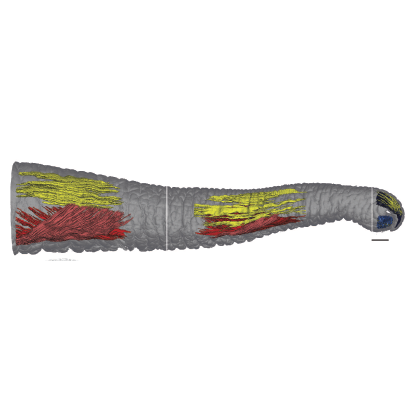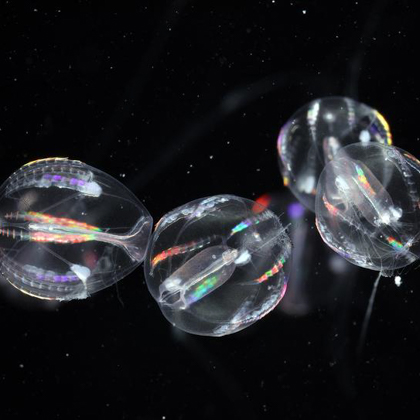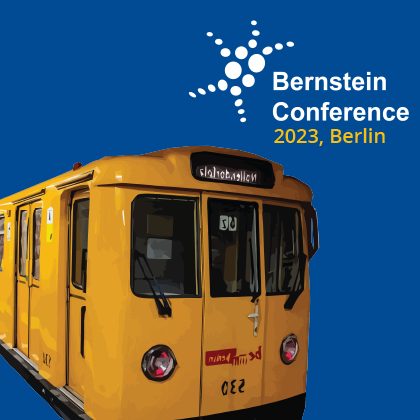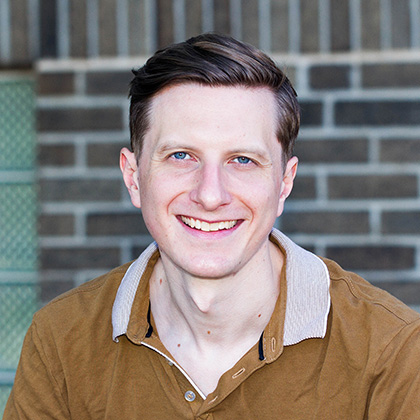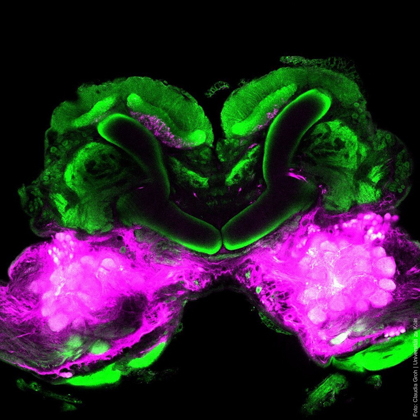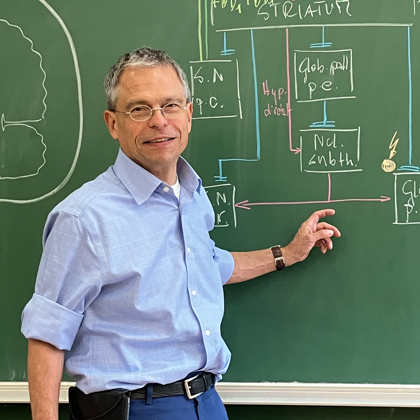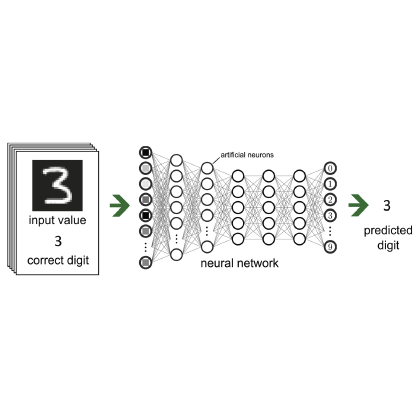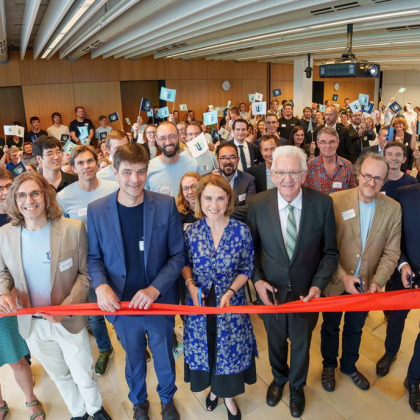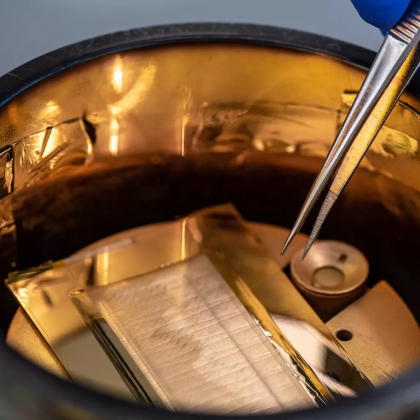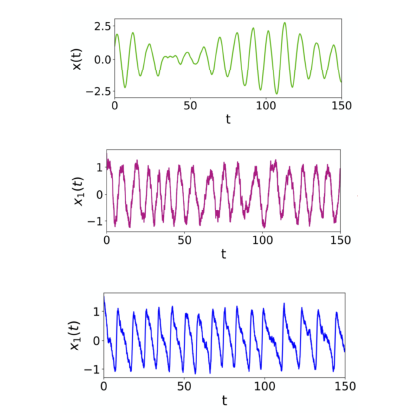Bernstein Network News. Find the latest news from our researchers regarding current research results, new research projects and initiatives as well as awards and prizes.
Dexterous Elephants
Giants with microscopic muscles – New findings reveal the structure of the dexterous elephant trunk.
Public evening lecture: Evolutionary hanging game or leap innovation – News from the first brains
How did the first nerve cells and brains develop? And what does this question have to do with comb jellies (Ctenophore)? All interested parties are cordially invited to the public evening lecture on September 27 at 8 pm, where Prof. Dr. Fred Wolf from the University of Göttingen and the Max Planck Institute for Dynamics and Self-Organization will take the audience on a journey to the origins of brains and into the depths of the oceans. The lecture is part of the Bernstein Conference 2023, which is organized by the Bernstein Network Computational Neuroscience, the Humboldt University of Berlin and the Charité.
The Bernstein Conference attracts brain scientists from all over the world to Berlin
From September 26-29, international neuroscientists will meet in the facilities of the Humboldt University of Berlin and Charité to discuss the latest findings in Computational Neuroscience. This marks the end of an era, as the Bernstein Conference will move to Frankfurt am Main for the following years after several years in Berlin.
How valuable is my time?
Torben Ott has been awarded an ERC Starting Grant and want to use it to investigate the mechanisms that give value to our available time. The focus is on the neurotransmitter serotonin, which Ott suspects is the key element in time valuation. With the project, Ott wants to provide systematic access to our perception of time.
Control of behavioural decisions is similar in insects and mammals
A research team of the University of Cologne identifies the mushroom body as a centre for behavioural decisions in the insect brain / study published in ‘Current Biology’
Rostock scientists at the world’s forefront of dystonia research
In Collaborative Research Centers (CRC), interdisciplinary basic research is conducted according to the will of the German Research Foundation (DFG) as the funding body. The CRC 1270 ELAINE of the University of Rostock is far ahead in its special fields - electrically active implants and dystonia. Here, so-called deep brain stimulation brings new insights into the function of the brain.
Looking deep into the Network
Artificial neural networks are everywhere in research and technology, as well as in everyday technologies such as speech recognition. Despite this, it is still unclear to researchers what is exactly going on deep down in these networks. To find out, researchers at the Göttingen Campus Institute for Dynamics of Biological Networks (CIDBN) at Göttingen University, and the Max Planck Institute for Dynamics and Self-Organisation (MPI-DS) have carried out an information-theoretic analysis of Deep Learning, a special form of machine learning. They realised that information is represented in a less complex way the more it is processed. Furthermore, they observed training effects: the more often a network is "trained" with certain data, the fewer “neurons” are needed to process the information at the same time. The results were published in Transactions on Machine Learning Research.
National Research Center for cutting-edge AI research in Tübingen celebrates inception
On Tuesday, July 18, 2023, the Tübingen AI Center held a symposium to celebrate its permanent establishment as a national AI center. Since July 1, 2022, it has received 20 million euros a year in funding from the federal government and the state. Around 250 guests from the fields of science, industry and politics took part in a varied program which included speeches from politicians, researchers and AI start-ups as well as initiatives introducing children and young people to Artificial Intelligence.
4D printing for nerve stimulation
Specific nerves may be stimulated artificially, for example to treat pain. The finer the nerves, the more difficult it is to attach the required electrodes. Researchers at the Technical University of Munich (TUM) and NTT Research have now developed flexible electrodes produced with 4D printing technology. On contact with moisture, they automatically fold and wrap themselves around thin nerves.
PNAS publication: A universal description of stochastic oscillators
What do the beating of the human heart, the flashing of fireflies in a field, and the swinging of children on a playground have in common? They are all examples of rhythmic processes oscillations that occur spontaneously. Oscillations can be found everywhere, and arise from many different underlying physical, chemical, or biological mechanisms.



